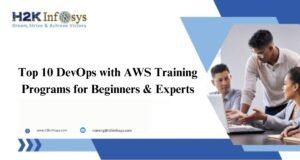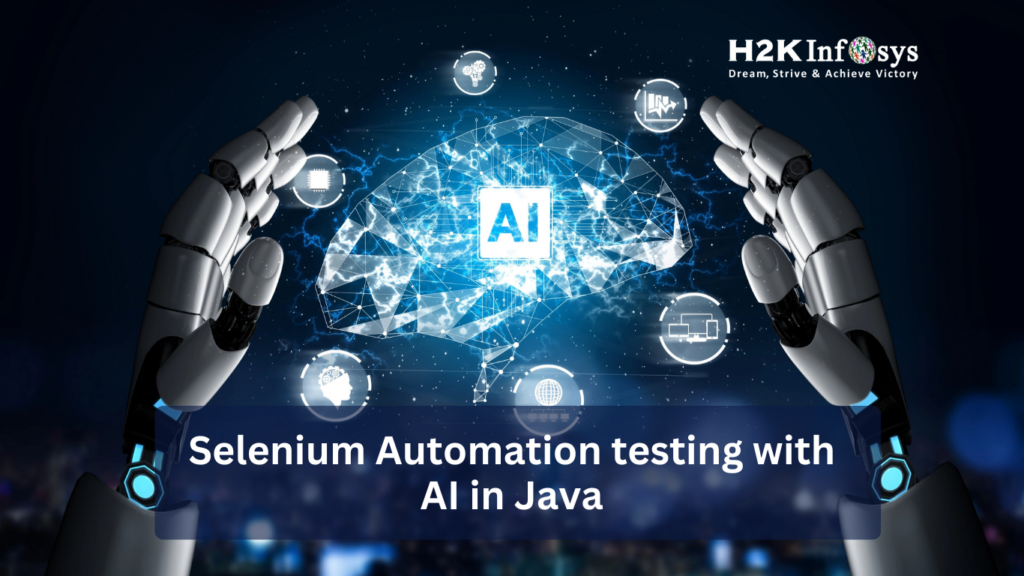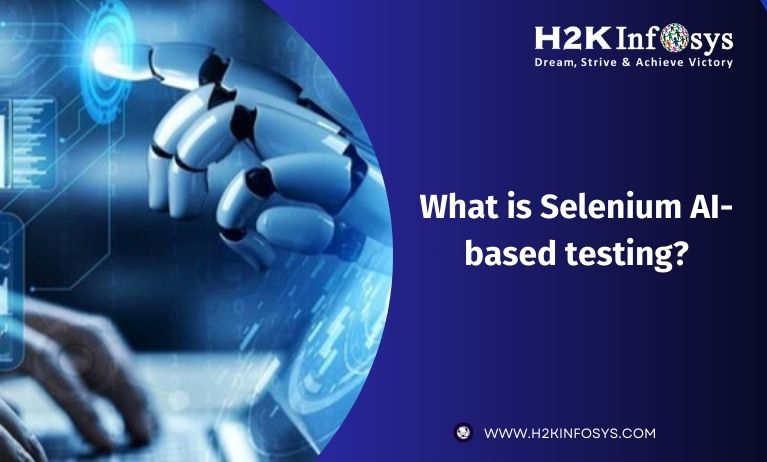Introduction
As businesses work to integrate development and operations seamlessly, there is an increasing need for DevOps specialists. Answers to Interview Questions for DevOps Gaining proficiency with DevOps technologies, processes, and best practices is essential for professional success regardless of experience level.
DevOps Training Online offers hands-on experience with industry-leading tools like Docker, Kubernetes, Jenkins, and AWS, covering essential topics such as CI/CD, Infrastructure as Code, cloud computing, and security. With flexible learning options and real-world projects, these courses help professionals stay competitive.
This guide includes Top 30+ DevOps Interview Questions and Answers to help you excel in 2025, covering everything from fundamentals to advanced techniques.
DevOps Interview Questions and Answers:
1. What is DevOps?
Answer:
DevOps is a set of practices that combines software development (Dev) and IT operations (Ops) to shorten the system development life cycle while ensuring high software quality. It involves continuous integration, continuous delivery, automation, and monitoring to enable faster and more reliable software releases.
2. What are the key benefits of DevOps?
Answer:
- Faster Development Cycles: Reduces time to market for applications.
- Improved Collaboration: Enhances communication between development and operations teams.
- Automation: Reduces manual intervention, minimizing human errors.
- Higher Reliability: Ensures faster recovery from failures and fewer deployment issues.
- Scalability: Supports dynamic scaling of infrastructure and applications.
3. What are the main components of DevOps?
Answer:
- Continuous Integration (CI): Frequent code integration to detect issues early.
- Continuous Delivery (CD): Automating deployment to ensure faster releases.
- Infrastructure as Code (IaC): Managing infrastructure using code instead of manual processes.
- Monitoring and Logging: Tracking system performance and troubleshooting efficiently.
4. Explain Continuous Integration (CI) and Continuous Delivery (CD).
Answer:
- CI (Continuous Integration): Developers merge code changes frequently, triggering automated builds and tests.
- CD (Continuous Delivery): Ensures that code is always in a deployable state by automating testing and deployment processes.
5. What is Infrastructure as Code (IaC) and why is it important?
Answer:
IaC is the practice of managing and provisioning infrastructure using machine-readable scripts instead of manual processes. It ensures consistency, reduces errors, and enables efficient scaling.
6. What are the different DevOps tools used in the industry?
Answer:
- Version Control: Git, SVN
- CI/CD: Jenkins, GitLab CI/CD
- Containerization: Docker, Kubernetes
- Configuration Management: Ansible, Puppet, Chef
- Monitoring: Prometheus, Grafana
7. How does DevOps differ from Agile?
Answer:
While Agile focuses on development and iteration cycles, DevOps extends beyond development to include operations, deployment, and maintenance of software.
8. What is the role of automation in DevOps?
Answer:
Automation is at the heart of DevOps, streamlining processes such as code integration, testing, deployment, and infrastructure provisioning to enhance efficiency and reduce errors. This is a key point in DevOps Interview Questions and Answers.
9. How do you implement security in a DevOps environment?
Answer:
Security is integrated through DevSecOps, which includes:
- Automating security testing in CI/CD pipelines.
- Using role-based access control (RBAC).
- Implementing vulnerability scanning tools.
10. What is the difference between Docker and Kubernetes?
Answer:
- Docker: A containerization platform that packages applications and their dependencies.
- Kubernetes: A container orchestration tool that manages, scales, and automates container deployments.
- Advanced DevOps Interview Questions and Answers
Advanced DevOps Questions
11. What is Blue-Green Deployment?
Blue-Green Deployment is a release management strategy that ensures zero downtime by running two identical environments (Blue and Green). One serves live traffic while the other remains on standby for updates. This reduces risk and allows rollback if needed.
12. Explain Canary Deployment.
Canary Deployment is a release strategy where new updates are rolled out to a small subset of users before full deployment. This allows monitoring of the new version in real-world conditions, reducing the impact of potential issues.
13. What is GitOps?
GitOps is an operational framework that uses Git repositories as a single source of truth to manage infrastructure and applications. DevOps Interview Questions and Answers frequently include this concept.
14. What are Microservices in DevOps?
Microservices architecture breaks applications into small, loosely coupled services that communicate via APIs. Each service operates independently, improving scalability, fault tolerance, and agility in deployments.
15. Explain Observability in DevOps.
Observability is the practice of using logging, monitoring, and tracing to gain real-time insights into system performance. DevOps Interview Questions and Answers often focus on this concept.
16. What is Chaos Engineering?
Chaos Engineering is the practice of intentionally injecting failures into a system to test its resilience and identify weaknesses. It helps teams proactively address system reliability issues.
17. Explain Site Reliability Engineering (SRE).
Site Reliability Engineering (SRE) applies software engineering principles to IT operations. It focuses on automation, monitoring, and reliability to ensure system performance and stability.
18. What is AIOps in DevOps?
AIOps (Artificial Intelligence for IT Operations) leverages machine learning to analyze large datasets and automate incident detection, response, and resolution in DevOps workflows.
19. What is the role of Feature Flags in DevOps?
Feature Flags allow teams to enable or disable features dynamically without redeploying code. This helps in progressive rollouts, A/B testing, and reducing deployment risks.
20. How do you handle database changes in DevOps?
Database changes are managed using Database DevOps practices, including version control for schemas, automated migrations, and continuous integration of database updates to prevent downtime and errors.
Key Takeaways
DevOps Interview Questions and Answers help professionals understand industry best practices
- DevOps integrates development and operations to improve software delivery.
- Automation, CI/CD, and Infrastructure as Code are essential DevOps principles.
- Security is incorporated using DevSecOps practices.
- Tools like Docker, Kubernetes, Jenkins, and Ansible are widely used in DevOps workflows.
- Blue-Green and Canary deployments help in seamless application releases.
- Observability, SRE, Chaos Engineering, and AIOps enhance DevOps performance and reliability.
Conclusion
DevOps is revolutionizing the IT industry, and mastering its concepts is crucial for career growth. If you’re looking to gain hands-on experience with DevOps training and certification, enroll in H2K Infosys’ advanced DevOps course today and accelerate your career!
This guide provides the best DevOps Interview Questions and Answers to help professionals prepare effectively. By practicing these DevOps Interview Questions and Answers, candidates can enhance their skills and confidence. The more DevOps Interview Questions and Answers you study, the better prepared you will be for your job interviews.


























